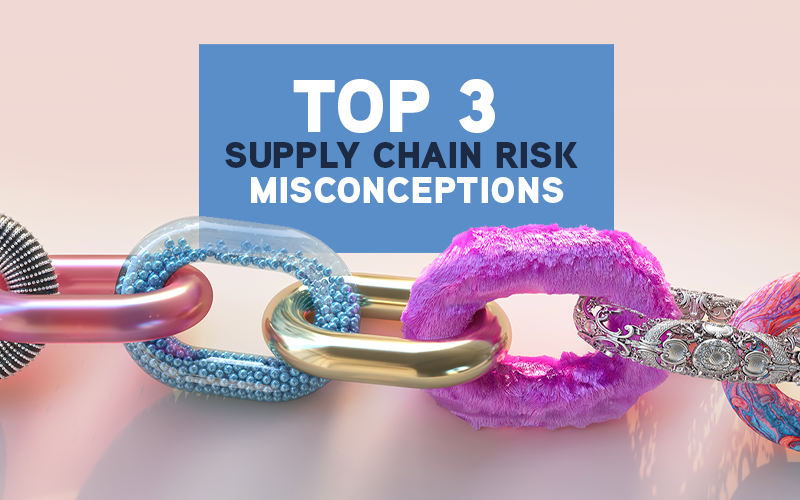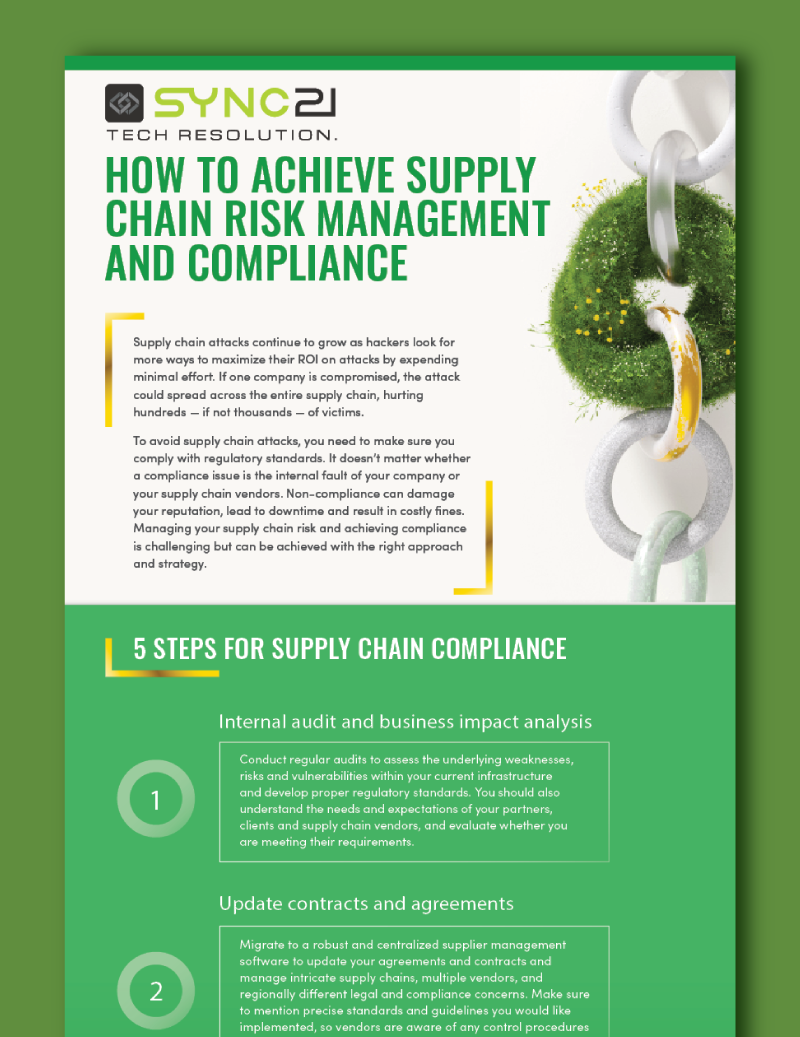Supply chain attacks are a primary concern for businesses nowadays.
With technology becoming increasingly advanced, businesses like yours must ensure there are no vulnerabilities in the supply chain.
Unfortunately, many companies still believe in certain misconceptions about supply chain risk management, which can be dangerous and lead to severe consequences. In this blog, we’ll examine some of the most common misconceptions about supply chain risks and how you can address them.
By being aware of these misconceptions and taking proactive steps to tackle them, you can help protect your business and customers from the risks posed by your supply chain network.
Keep an eye out for these misconceptions
Without further ado, let’s debunk the most common misconceptions:
Misconception #1
Supply chain attacks only pose a risk to large corporations, and smaller businesses don’t need to be concerned.
Fact
Supply chain attacks pose a severe threat to businesses of all sizes — not just large enterprises with significantly valuable assets. Most supply chain attacks involve hackers infiltrating a single supplier in the supply chain and impacting multiple businesses, including smaller ones.
In fact, smaller companies may be more vulnerable to these attacks due to limited resources for securing their systems. Even if a small business lacks large amounts of valuable data, it can serve as an entry point for hackers targeting larger organizations with which it collaborates. Businesses of all sizes must prioritize supply chain security to protect against these deceptive attacks.
Misconception #2
Standard cyber defenses are enough to protect against supply chain attacks.
Fact
Supply chain attacks frequently target the trust between an organization and its suppliers. It’s easier for attackers to gain access to sensitive information or systems by exploiting the trust factor. These attacks can be challenging to protect against, and standard security measures may not be adequate.
Organizations must implement comprehensive risk management strategies that consider the unique challenges posed by these types of threats to defend against them. This may include measures such as regularly reviewing and updating supplier agreements, implementing robust security protocols and conducting regular assessments of all suppliers’ security posture.
Misconception #3
Vendors and suppliers have security measures in place to protect their systems and data.
Fact
While some of your vendors and suppliers may have measures in place, it’s not enough to blindly assume that they have everything under control. You can’t know what security practices and policies are in place unless you have a thorough and consistent vetting process.
Keep in mind that when it comes to supply chain risk management, the vulnerabilities within your supply chain network can directly impact your business and its bottom line. For example, if one of your suppliers experiences a data breach, it could have severe consequences for your organization.
That’s why it’s crucial to understand the security measures that your vendors and suppliers have in place. Don’t leave your security to chance — thoroughly vet your supply chain to ensure a secure network.
Collaborate for success
If you’re not sure how to protect your supply chain without taking more time away from your packed schedule, don’t worry. Working with an IT service provider like us can help protect your business from supply chain misconceptions and risks.
From protecting against supply chain attacks and implementing comprehensive risk management strategies to thoroughly vetting your supply chain network, we can provide the expertise and resources necessary to ensure the security of your business.





